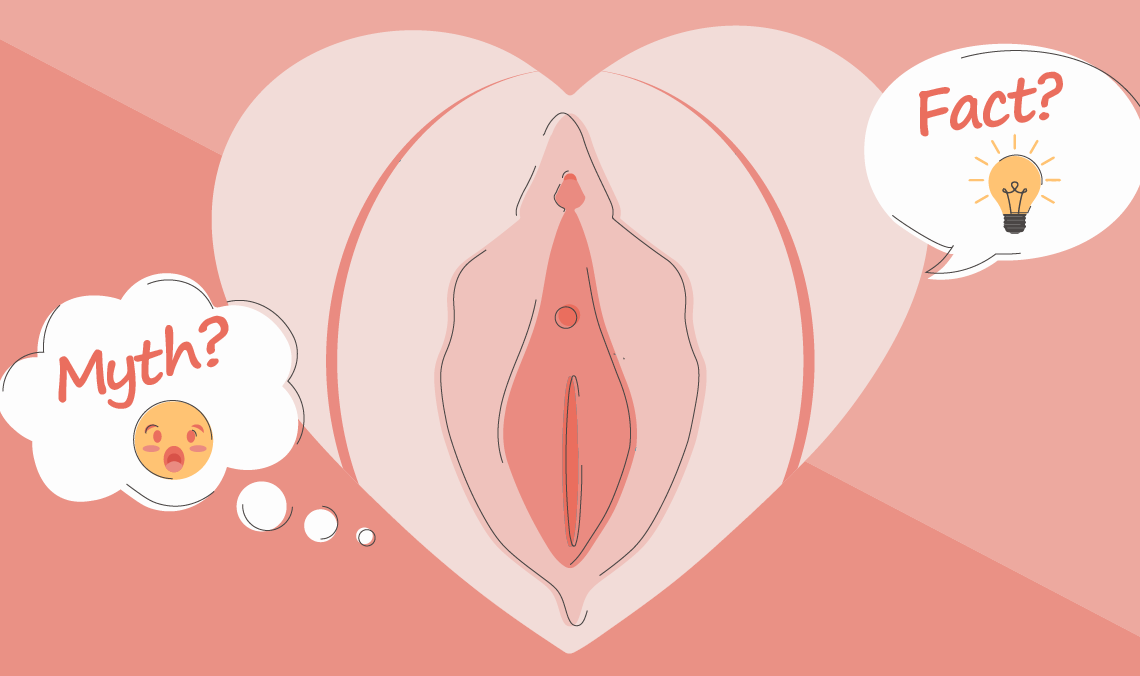April 1st marks a day of debunking myths and spreading awareness, and what better topic to address than women’s menstrual hygiene? Despite significant strides in breaking taboos surrounding menstruation, myths and misconceptions still abound, leading to confusion and misinformation. In this comprehensive guide, we’ll unravel common myths surrounding menstrual hygiene and provide accurate information and practical tips to empower women with optimal health and comfort during their periods.
Myth #1: Menstrual Blood is Dirty
One of the most prevalent myths surrounding menstruation is the belief that menstrual blood is unclean or impure. In reality, menstrual blood is a natural bodily fluid composed of blood and tissue shed from the uterine lining. It is not inherently dirty or harmful. Practicing good menstrual hygiene, such as using clean menstrual products and changing them regularly, helps maintain cleanliness and prevent odor.
Myth #2: Menstruation is a Sign of Weakness
Another misconception is the notion that menstruation signifies weakness or inferiority. In truth, menstruation is a normal and healthy physiological process experienced by billions of women worldwide. It does not diminish a woman’s strength, resilience, or capabilities in any way. Women should embrace their menstrual cycles as a natural part of their reproductive health and overall well-being.
Myth #3: Menstrual Blood Attracts Germs and Infections
Contrary to popular belief, menstrual blood does not attract germs or infections simply because it is blood. Like any other bodily fluid, menstrual blood may harbor bacteria if proper hygiene practices are not followed. However, maintaining cleanliness, such as washing hands before and after changing menstrual products and using hygienic menstrual products, reduces the risk of infection and ensures menstrual hygiene.
Practical Tips for Optimal Menstrual Hygiene:
- Choose the Right Menstrual Products: Explore different menstrual products, including pads, tampons, menstrual cups, and period underwear, to find what works best for your body and lifestyle. Consider factors such as comfort, absorbency, and environmental impact when selecting menstrual products.
- Practice Regular Changing: Regardless of the type of menstrual product you use, it’s essential to change it regularly to maintain cleanliness and prevent leaks. Follow the manufacturer’s recommendations for how often to change your menstrual product based on your flow intensity.
- Maintain Personal Hygiene: Keep your genital area clean and dry during menstruation by washing with mild soap and water regularly. Avoid using scented or harsh cleansers, as they can disrupt the natural pH balance of the vagina and lead to irritation or infection.
- Stay Hydrated and Nourished: Drink plenty of water and eat a balanced diet rich in fruits, vegetables, whole grains, and lean proteins to support overall health and well-being during menstruation. Proper hydration and nutrition can help alleviate symptoms such as bloating, fatigue, and cramps.
Conclusion:
On April 1st, let’s debunk menstrual hygiene myths and empower women with accurate information and practical tips for optimal health and comfort during their periods. By dispelling misconceptions and promoting menstrual hygiene education, we can promote a culture of acceptance, understanding, and support surrounding menstruation. Remember, menstruation is a natural and normal part of life, and every woman deserves to manage her period with dignity, respect, and confidence.



